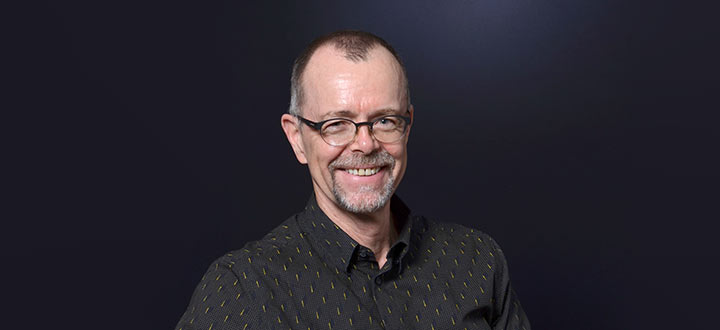College of Human Sciences
Translanguaging in the International Year of Indigenous Languages

Mbulungeni Madiba is an Associate Professor and Co-ordinator of the Multilingualism Education Project at the University of Cape Town.
In reference to the resolution by the United Nations (UN) General Assembly on 19 December 2016, the year 2019 was proclaimed the International Year of Indigenous Languages (IYIL2019). The UN’s observance of IYIL2019 aims to raise awareness of the consequences of the endangerment of indigenous languages across the world, with an aim to establish a link between language, development, peace and reconciliation.
The observance seeks to mobilise stakeholders to participate in increasing understanding, reconciliation and international cooperation; creating favourable conditions for knowledge-sharing and the dissemination of good practices; integrating indigenous languages into a standard setting; empowering through capacity building; and elaborating new knowledge to foster growth and development.
In line with the above UN resolution and prospects, Unisa’s Department of Linguistics and Modern Languages in the College of Human Sciences, invited renowned linguist, Prof Mbulungeni Madiba, to share his latest project on a translingual approach and the intellectualisation of indigenous languages. The title of his paper was "Simple vernacs for university students - a translingual approach to the intellectualisation of indigenous languages".
According to Madiba, translanguaging provides a better alternative for promoting the development of indigenous languages. He said that 24 years into democracy, the challenge with the intellectualisation of African languages continues unabated despite the various initiatives by structures such as the Pan South African Language Board, the National Language Services in the Department of Arts and Culture, and institutions of higher education.
He then highlighted that the important lesson from the last two decades is that language intellectualisation is a complex process and is influenced by many non-linguistic factors, such as the lack of systematic approaches, the prevailing gap between policy and practice, the continuing marginalisation, and the need for innovative approaches and strategies.
Translanguaging is not focused on the development of languages, but on the usage of languages by speakers borrowing from different linguistic resources instead of being confined to English or Afrikaans.
Furthermore, Madiba said it is untrue that African indigenous languages are under-developed to be used for formal education. He believes that African languages are now partially intellectualised because there is already a research standard in African languages; they are in subject disciplines and they can be used by people to deconstruct various disciplines like mathematics and the sciences.
Madiba continued to emphasise that translanguaging is not focused on the development of languages, but on the usage of languages by speakers borrowing from different linguistic resources instead of being confined to English or Afrikaans.
He said together with his team, he had been working on the project of translanguaging as a pedagogical strategy to advance the boundaries of language policy, and to improve access and the success of previously disadvantaged students in South African universities. He emphasised that using simple vernaculars (vernacs) in formal education alleviated students from the anxiety of language barriers in their studies.
Madiba concluded his presentation with a reflection on the implications of translanguaging for the intellectualisation of African languages. He is adamant that for as long as we continue allowing students the use of their mother tongue to communicate and forge understandings of complex disciplinary concepts, we will be moving closer to intellectualisation of African indigenous languages.
* By Katlego Pilane, Assistant Communication and Marketing Specialist, College of Human Sciences
Publish date: 2019/02/22


 Unisa co-hosts G20 community outreach in the Eastern Cape
Unisa co-hosts G20 community outreach in the Eastern Cape
 Unisans gain membership of prestigious science academies
Unisans gain membership of prestigious science academies
 Advocating for disability transformation through servant leadership
Advocating for disability transformation through servant leadership
 Unisa Press continues to illuminate the publishing space
Unisa Press continues to illuminate the publishing space